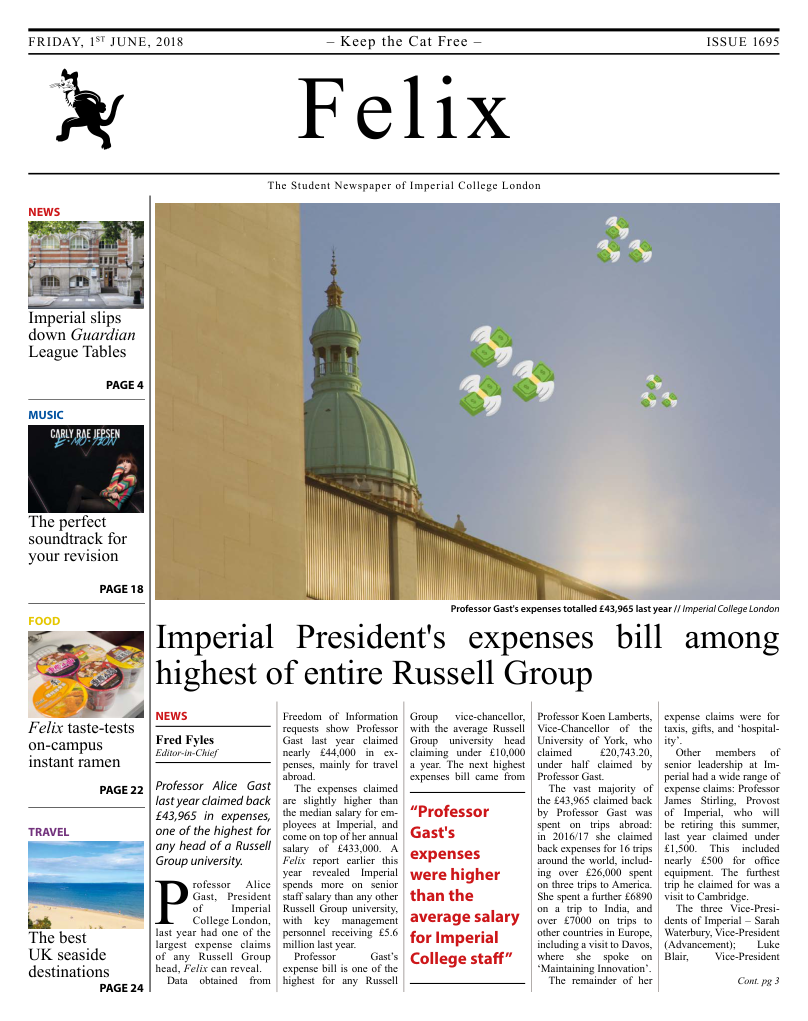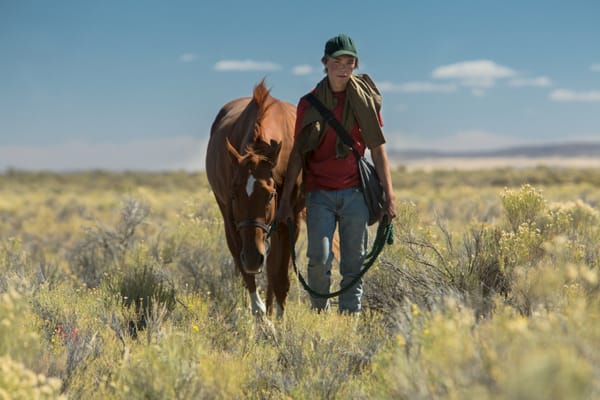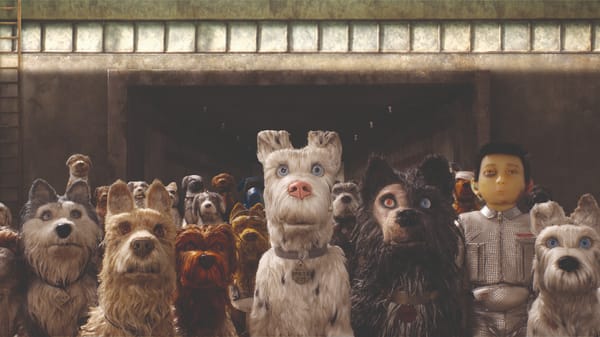The Breadwinner fails to win our heart
The animation, set in Taliban-controlled Kabul, has good intentions, but a weak script and lack of direction.

The Breadwinner, Nora Twomey’s follow-up to her breakout film The Secret of Kells, opens with a scene we are to take as paradigmatic of life in Afghanistan at the turn of the 21st century: a one-legged man, who fought in the Soviet-Afghan war, hawks a red dress his daughter has never had the chance to wear. The girl, Parvana, shoos away a dog sniffing at their wares, and attracts the attention of a hostile young member of the Taliban, who threatens to demand her hand in marriage. Later that evening, the Taliban member has her father, Nurullah, arrested, and carted off to prison. With the main male family member gone, there is nobody to support Parvana, her sister Soraya, her mother Fattema, or baby brother Zaki. Women cannot leave the house alone without facing a whipping. And, so, Parvana dresses up as a boy, setting out to help her family.
Interspersed with the action is an ongoing tale Parvana tells, both to herself and those around her, in which a young boy saves his village, whose seeds have been stolen by an evil Elephant King living atop a mountain. The animation in these sections is beautifully distinct, with the already-stylised visuals of the film undergoing a further refinement, until characters resemble flat puppets moving against a flat screen.
The flatness of the animation style is something of a refreshing corrective, in an industry dominated by 3D animation – no 2D film has ever won the Academy Award for Best Animated Feature. Twomey is adept at building characters out of collections of simple lines and shapes, creating a panoply of body types and movements that never feel anything less than genuine.
The style, however, remains the best thing about the film, which is otherwise, unfortunately, held back by a stilted script and poor development. We’ve barely met Nurullah for five minutes before he is carted off to prison, making it difficult to connect with his character. Similarly, ideas within the film tend to be introduced and then forgotten about, or never really introduced at all. The topic of the death of Parvana’s brother, Sulayman, for example, is referred to in passing multiple times early on in the film, but, by the end, is supposed to function as a major plot point. The tale told by Parvana, similarly, seems to serve very little purpose other than to show off a different animation style; it doesn’t link to the main story well, either in theme or action, and when it does there is the sense it is being forced. While it does begin to touch on the idea of the unreliable narrator, and the ever-shifting nature of storytelling, it stops too short to be anything close to mind-expanding.
The voice acting – all done in English with a Middle Eastern lilt – is passable, although at times it can be stilted. This is most likely due to the dialogue within the screenplay, which never feels truly naturalistic.
There are two films that come to mind when watching The Breadwinner: firstly, Siddiq Bamark’s 2003 production Osama, which also tells the story of a young girl who dresses up as a boy to help her family survive in Taliban-controlled Kabul. Osama, which is live-action, manages to do a much better job at communicating the danger inherent in the practice, and the blisteringly oppressive nature of the regime. While The Breadwinner does make much of the societal restrictions placed on women and girls – as well as the harsh punishments meted out – it never really instills the same sense of tension. We always feel Parvana will make it home at the end of the day.
The second film it made me think of was Marjane Satrapi’s brilliant 2007 animation Persepolis, based on her experiences growing up in post-revolutionary Iran. While Persepolis and The Breadwinner are roughly the same length, the former manages to pack far more into its runtime, engaging with numerous serious themes in short vignettes, treating them with the respect they deserve. The Breadwinner, on the other hand, rarely explores topics beyond the broadest outlines – that the Taliban regime was hostile and oppressive. There are certain points of the film that cry out for more exposition – Parvana’s friendship with Shauzia, another girl dressing as a boy, which seems to teeter on the edge of romance; or the way cycles of power and abuse can replicate themselves. As a boy, Parvana is able to repeatedly disobey the orders of her sister and mother, leaving the house knowing they can neither stop her nor follow. It would have been interesting to see these ideas explored further.
The historical context of the film is also flattened into a mere backdrop. Parvana’s father, at the beginning, explains to her that Afghanistan has always been fought over by others, making the Taliban seem like one more in a long line of nameless, faceless oppressors, rather than something with a specific cultural and historical context. Swathes of history become mere anecdote, and references to previous acts of violence – Nurullah’s missing leg; hidden landmines – that continue to have repercussions. Jet fighters occasionally race across the sky, and the film climaxes with the start of the 2001 invasion of Afghanistan, but present it as just another act of violence, rather than a sea change. The result is a film that, although obviously a work of beauty and passion and love, leaves the viewer with little to remember it by.
2 Stars
Dir: Nora Twomey. Script: Anita Doron; Deborah Ellis. Starring: Saara Chaudry; Soma Bhatia; Noorin Gulamgaus. 94 minutes










